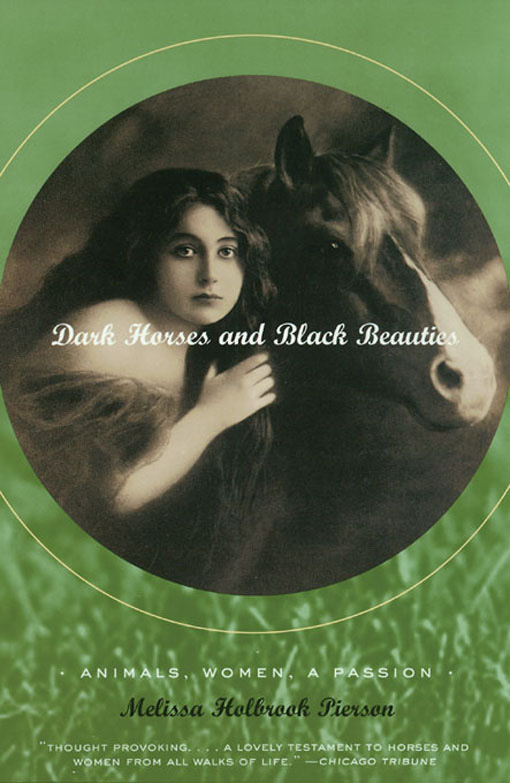
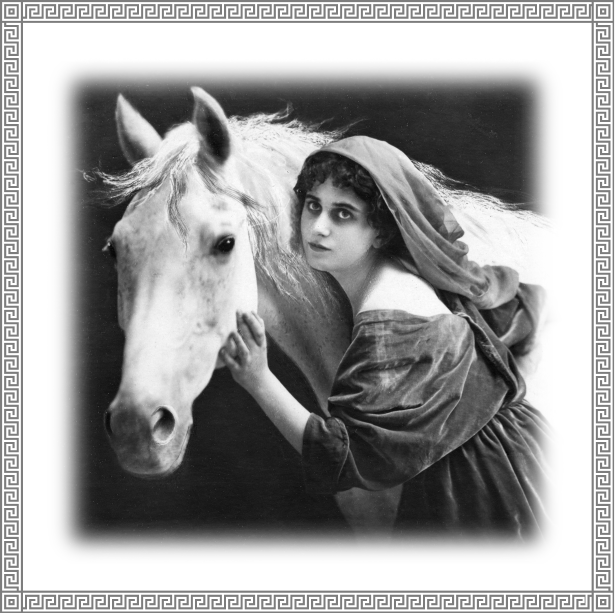
DARK HORSES
and
BLACK BEAUTIES
ANIMALS, WOMEN,
A PASSION
Melissa Holbrook Pierson
W. W. NORTON & COMPANY
New York  London
London
A Robin Red breast in a Cage
Puts all Heaven in a Rage
A dove house filld with doves & Pigeons
Shudders Hell thro all its regions
A dog starvd at his Masters Gate
Predicts the ruin of the State
A Horse misusd upon the Road
Calls to Heaven for Human blood
WILLIAM BLAKE,
from Auguries of Innocence

T hese horses... these children, this toil and fun of it all. The chat about straight shoulders and the gossip about square quarters, the small profit and extreme loss account at the gymkhanas, the grappling with the horses, divorced from the ritual of groomswhich is our luck and joy. All this is yours and mine and most people dont taste it in the same way.... How right I am to write a book about girls and horses.
ENID BAGNOLD,
letter, 1934
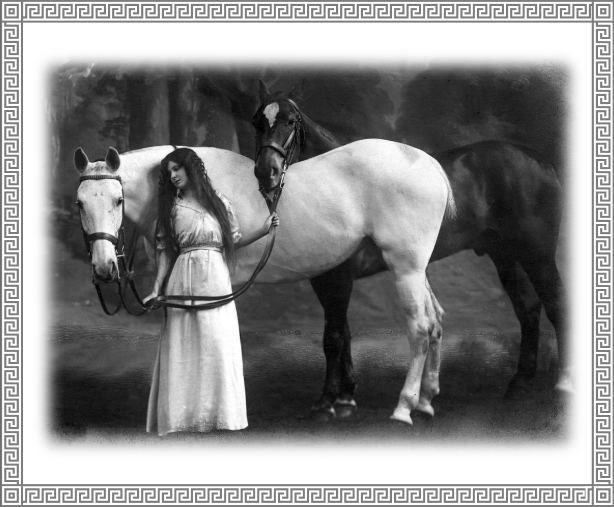
CONTENTS
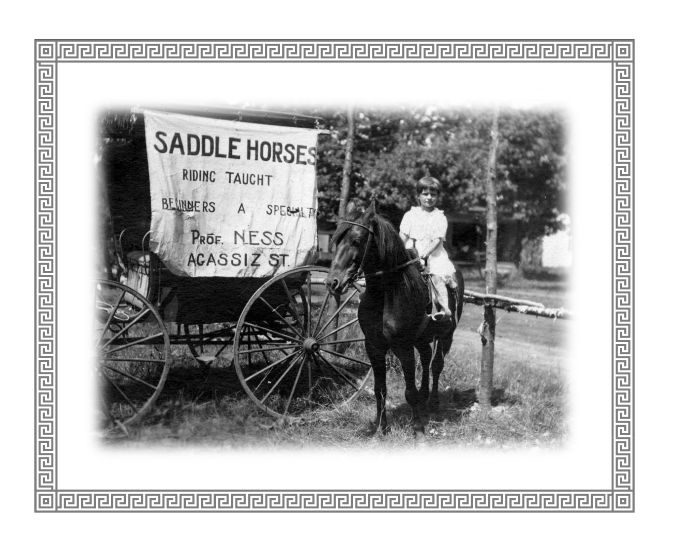
TIME MACHINE
I WOULDNT MIND feeling it again, the first time I fell in love. Everyone has her own story, and everyone loses it somewhere down the line in the bottom of a drawer along with several broken keychains. Hard to believe that it once was the pulsating center of the known universe, your love, and the energy flew off it like those eruptions on the surface of the sun, spurting thousands of miles into space. But that was so long ago.
There remain buried bits of concrete evidence that I lived such a life, and with a little amateur archaeology, I can find what is left after the rains of time have expunged the mass of it. This year, as I stand on the edge of middle age, my mother dismays me by continuing to clean away my history. She has wallpapered my old room, the one I have not lived in for any length of time since 1976, and therefore removed the hanging shelves with glass-fronted vitrine she had bought for me when my model horse collection had outgrown all other furniture. When I saw the denuded state of my room on a recent visit, I involuntarily yelled, Where are my horses? and then ran down to the basement to ascertain that they were indeed safe in paper bags. But they nonetheless struck me as sad to be there now.
There are also some ribbons in a drawer, from the kind of childhood show in which everyone receives a ribbon; since a couple of these are blue rather than white or yellow, they lead me to believe they were won by my little sister.
Another room, in the basement, calls for more imaginative reconstructive history, since at first look nothing indicates its past importance as the headquarters for the Horse Club. There were only two members, the archival material reminds us, and the duration of its active life was relatively short, since one of the two broke the unspoken rules by actually getting a horse . Thus she had no more time to spend in the company of her friend in the friends basement, putting up educational exhibits and keeping the scrapbook up to date. And even if she did, she would no doubt have wanted to avoid her friends hurt looks and jealous pokings. So there, all that remains, if you scan the room closely, are some faded Magic Markered words above empty nails: H OOF P ICK ; A LUMINUM R ACESHOE.
This is what is left of it all. Of the desire and the drive, of the longing and the dreaming, the months and years in thrall to an animal.
I T IS NOT my way to be simplistically reductive, but if someone threatened a day in the stocks over it, I would be forced to say that Carl Jung can be boiled down to one thing: balderdash. In part that is because he did not address the one archetype that runs through the culture like a root waiting to burst from the soil everywhere to grow thousands of genetically identical plants, amazing the populace as if each time it recurs it were some kind of miracle. Then again, maybe it is a miracle.
M ARGARET C ABELL S ELF , the author of more than a dozen books, anthologies, and an encyclopedia of horses and horsemanship, is precise in dating the beginning of the love era of the horse (as opposed to the pragmatic one, which has lasted for millennia): March 1942. This happens to be when the United States cavalry was disbanded, and around the time when civilians became eligible to ride on the international jumping teams. At the same time a curious thing occurred. Almost simultaneously and practically throughout the country, children of all ages suddenly discovered the romance and fascination of the horse.
It might be added that boys were already well acquainted with it through the agency of war, which coated all instruments thereof with romance and fascination. It was girls who were now suddenly permitted to scramble over the ruins of the abandoned battlefield.
A simultaneous deconsecration of the horse, from the church of the economy, was necessary before the animalwith the exception of those involved in still viable industries such as racingwas finally left to women. The last census of farm horses in this country was undertaken by the Department of Agriculture in 1959; it counted 3,089,000. The high point of the United States horse population was in 1918, when there were 21,550,000 working in cities and on farms.
In Horses of Today (1964), Self goes on to explain what happened to the first generation of these children under the influence of equine romance:
They found that learning to become a good or even a passable rider was a long, tedious, often uncomfortable, and sometimes rather terrifying process. The boys especially, who had less patience than the girls and to whom the schools offered diversion in the form of organized sports, often lost interest. But for the girls riding was an ideal sport. They were quite contented to trot around and around while they were learning to talk horse language. The psychological boost was enormous, not only finding themselves atop a horse but also discovering that, with patience, they could learn to control an animal far larger and stronger than themselves. Furthermore, here was a sport in which, as a sex, they were not handicapped in competition. Indeed they often showed greater sensitivity which made them excel over the boys, especially in the show ring.
F INDING SOMEONE TO talk to. Do you know what a desperate, aching quest this can be? We are pack animals, like our friends the dogs, and the feeling of being alone is etched into our DNA as a warning of the highest urgency: Do not stay here. We scramble and scratch the paint off the door, whining as if our hearts were breaking, which they are.
I have recently bought an old farm with a bit of land. I walk through the abandoned pastures and into the woods, where I see things that suddenly bring other things back. I used to know what this tree is; I used to know to suck on the stems of sassafras leaves and when the trilliums bloomed. I knew what things were called. I have the sensation of running through woods, though not these woods.
In the large maple tree in the center of my parents brick terrace one branch stood out as a superior perch for a writer. My pencils and erasers would swing in a basket tied to it by string; my mother would call in a worried voice for me to climb down or I was going to fall and kill myself. I would stay up there and write stories about boys (the best protagonists, since they could do anything) who ran away to live in the woods with their faithful dogs. Away from their mothers. And away from the feeling of being alone in a world full of people.
Next page
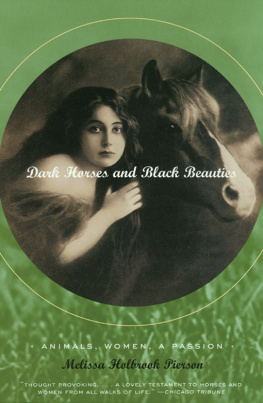

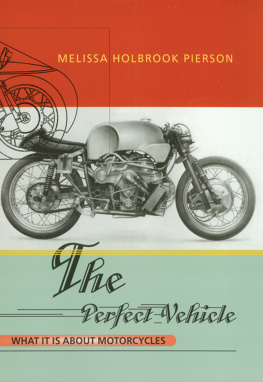
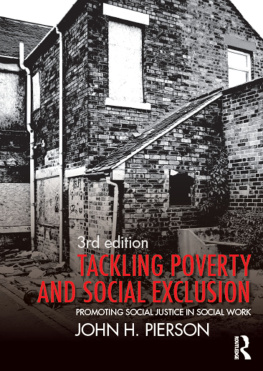
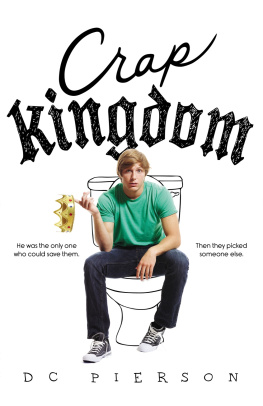

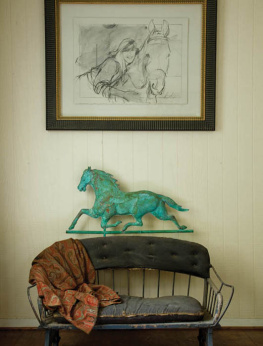
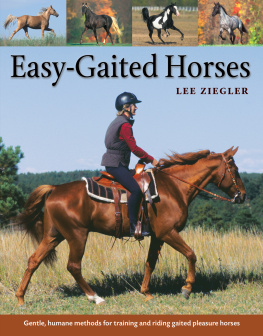
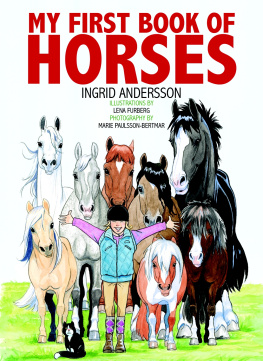
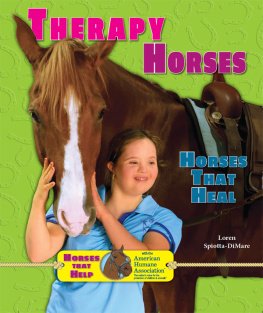
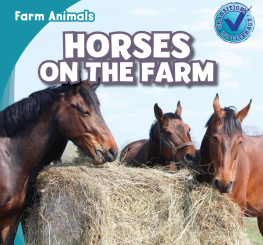
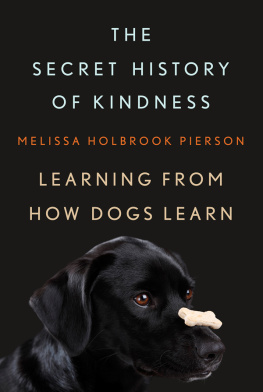
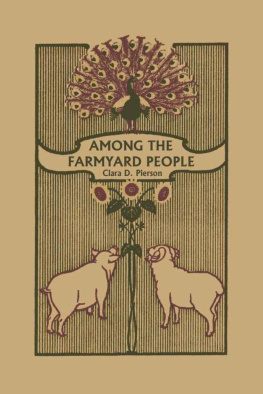


 London
London

